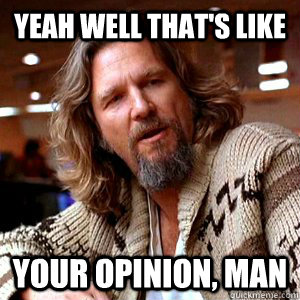It was thinking about this role that struck me. Every year the cadets at our school serve in uniform at the Remembrance Day service, something I think is pretty common. I love seeing them because the sorts of kids who are cadets aren't always the ones who do the best in school, or have the strongest social skills, or best academic skills. I love to see the kids who struggle the most in this role because the instant they put on their uniforms they universally act sharp, disciplined, solemn, and with incredible dignity. The rest of the school looks to them as both leaders and honored servants in those moments. When you talk to them about their cadet service, they will again, almost universally, talk about about the service of freedom and protecting those in Canada and the vulnerable abroad. So what really struck me, and has stuck with me this year, is that some of those cadets will most likely go on to full time service when they graduate. They will join the Canadian Armed Forces, and quite possibly go abroad to places like the Middle East and fight. They may die in that service, and there is a very good chance that if they go, and come home, they will come home broken down by PTSD and physical injury. These children before me, full of dignity and promise, proud and sharp in their uniforms. That future.
If we follow Christian history back far enough, there was a time when the Roman Empire actually faced a bit of an existential threat, because because soldiers were converting to Christianity, and for the first few hundred years of the existence of the Church, the zeal of many followers was so strong that they wouldn't harm another. They wouldn't work to separate the weeds (parable of the weeds, Mt. 13) lest they uproot the wheat. Now we live in a world where 'collateral damage' (largely a legacy of civilian bombing in WWII) means a Christian serving may use a drone or manned airstrike to attack a village, kill a couple of bad guys, and hopefully not too many women and children.
So as I think about the future of the proud students in uniform, I can't help but wonder, how do you love your enemy when you are looking at them through the scope of a rifle, or on an IR camera from the sky. Can we pray for our enemies faster than the bullets and bombs fly towards them? Can the little children come to Christ when they are starved, crippled, and displaced by wars, or when guns are put in their hands?
In the end I don't know enough of the truth to know if Canada should be at war now, but I do know enough to know what Remembrance Day is for. We remember the sacrifice of our soldiers in the past, with the hope and goal that we don't have to sacrifice any more in the future. We remember the horrific price paid: Over 100,000 Canadians dead in conflicts around the world, 30,000,000 soldiers and 55,000,000 civilians in WWII (that's right, even without the Holocaust, almost twice as many civilians were killed as soldiers), uncountable people displaced, injured, and traumatized by both past and modern wars. We remember because we don't want to re-make past mistakes. We remember because the generals of WWII were so traumatized by WWI that they were willing to make decisions to burn down entire cities in the hopes it might shorten the war by a few days or weeks.
We Remember because it would be better if the Highway of Heroes didn't have to be lined by heartbroken citizens mourning the loss of another young life ever again.
I guess full on Pacifism is a bit simplistic and naive for the complex world we live in, where there are people who would do us and the innocent harm, but I also know that in Christ there is peace, and I pray that we don't have to add any more names to the roll call on remembrance day.
I pray I never have to remember one of the children I served as a teacher, because they died in the hope that they were serving all of us as a soldier.
1 hand made, ceramic poppy for every British soldier who died in WWI, 880,000 of them.

1 white poppy as a prayer that we don't have to add more red ones to the field.



